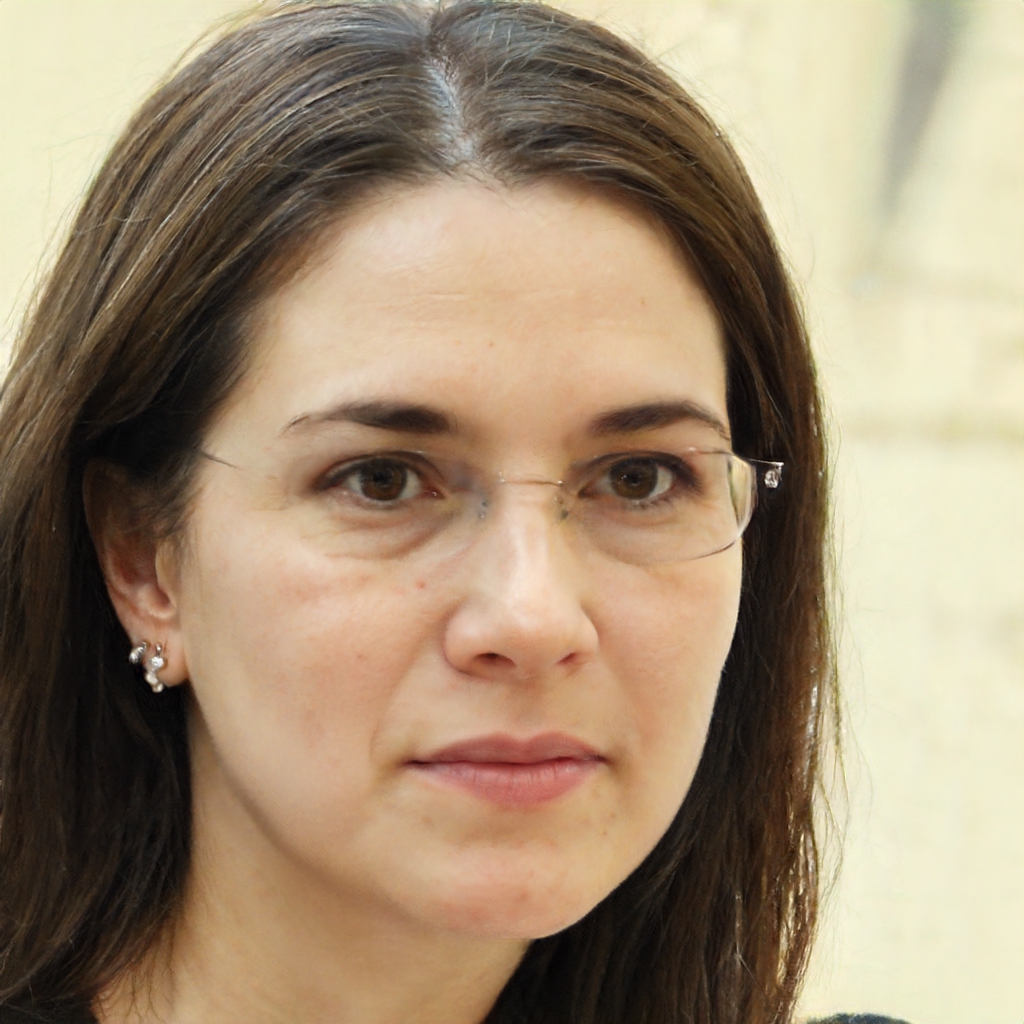When Adults Bully: What We Can Learn From Greta Thunberg
31% of Americans have been bullied as an adult, and many (43%) say that the behavior has become more accepted within the past year, according to one survey conducted by Harris Poll on behalf of the American Osteopathic Association. While many are familiar with children bullying one another and the concept of adults bullying within settings like the workplace, many may not think that an adult is even capable of bullying someone significantly younger. Climate activist Greta Thunberg, who was cyberbullied by former president Donald Trump at just 16 years old, however, highlights just one real-life scenario of the unthinkable happening.
When the bully is an authoritative figure
Greta Thunberg was named Time magazine’s “Person of The Year” in 2019. In response, then president Donald Trump, (who was named Time’s Person of The Year in 2016) took to Twitter to react by writing: “So ridiculous. Greta must work on her Anger Management problem, then go to a good old fashioned movie with a friend! Chill Greta, Chill!” The behavior was nothing out of the ordinary for the former president, as CNN notes another instance in which he had bullied Carly Fiorina’s looks during the 2016 presidential campaign (she was competing with Trump for the Republican nomination). In the same campaign, CNN also notes that Trump mocked a New York Times reporter by mimicking his physical disability.
Trump’s wife, Melania, whose initiative as the first lady was the “Be Best” anti-bullying campaign, had an interesting take on the situation. USA Today notes that at the time, only a week had passed since Melania slammed Pamela Karlan for a comment made about her teenage son Barron, taking to Twitter to write: “A minor child deserves privacy and should be kept out of politics.” In response to her husband’s words to Thunberg, a statement was issued, noting that Greta, “who travels the globe giving speeches,” isn’t the same as her son, “a 13-year-old who wants and deserves privacy.” While essentially condoning her husband’s treatment of the Swedish climate activist, the statement also acknowledged that she and her husband ‘communicate differently.’
It’s imperative to note that Thunberg has been the victim of cyberbullying coming from other adults as well. Insurance tycoon and Brexiteer, Arron Banks, implied that Thunberg could be endangered on a two-week, carbon-neutral sailing voyage on her way to attend climate talks in New York and Chile in 2019, tweeting “Freak yachting accidents do happen in August…” According to The Cut, Banks later “attempted to excuse the tweet as a joke.” Conservative and ‘Brexit cheerleader’ Julia Hartley-Brewer, a radio host, also took to Twitter to mock Thunberg, stating she’d “just booked some long haul flights” for her family for Christmas, going on to say “Level of guilt being felt: 0%” Hartley-Brewer later said that Thunberg was a “vulnerable child brainwashed and exploited to further their political aims” after receiving widespread criticism.
The high-profile nature of Trump’s cyberbullying is rather unique, though variations of adults bullying children do occur in settings around the world. Teachers who bully their students are just one comparable example, as such situations involve a bully who happens to be in an authoritative role. Norwegian research sheds some light on the matter, with one study by Kari Gusfre and colleagues at the Norwegian Centre for Learning Environment reviewing previous research that looked at adults who bully children in a global school context. Gusfre notes that it was found that negative relationships between students and teachers increased the likelihood of a teacher who bullies their students. The research also found that certain teachers bully due to feeling “a need to maintain a sense of power and dominance in the classroom.”
Taking a stand
On the subject of bullying, Greta said: “I honestly don’t understand why adults would choose to spend their time mocking and threatening teenagers and children for promoting science, when they could do something good instead,” Thunberg wrote in a Twitter thread back in 2019. “I guess they must simply feel so threatened by us…. The world is waking up. Change is coming whether they like it or not.” Thunberg is known for urging leaders to make positive changes regarding the environment, consistently highlighting the detrimental impact of climate-related issues and the need to make changes as soon as possible — before it’s too late.
One 2021 LA Times article highlights the fact that the problem begins with consumers, noting that when a consumer purchases a new gas car, another will be produced due to demand. “That car will last an average of 12 years, emitting pollution every day, and its owner will be sending the oil companies an average of $2,000 every year for the gasoline needed to run it.” As a result, the opinion article points out that Thunberg should talk to drivers rather than governments regarding the matter — switching to electric vehicles (EVs) presents one green alternative, and serves as a great way to support both the environment as well as Thunberg’s primary message.
Greta responded to Trump’s 2019 tweet by updating her Twitter bio to mock Trump’s, referring to herself as “A teenager working on her anger management problem. Currently chilling and watching a good old fashioned movie with a friend.” While Greta’s response was a lighthearted and mature way to fire back at the adult, the situation brings to light the reality of the situation: she was only 16 at the time, and had done nothing to deserve such treatment from the then president of the United States. With that in mind, it’s imperative to keep in mind that the adult involved should always take responsibility for their actions and words. When understanding why someone like Trump would choose to bully a teenager, Verywell Mind notes that there’s “no one reason why people bully,” though many who engage in the conduct experience insecurity, a need to control others, or enjoy the ‘rewards’ they get from bullying others. It’s also imperative to keep in mind that bullying is often a learned behavior, and that past experiences as well as individual characteristics can play a role in why someone chooses to bully others as well.
The adult’s responsibility
While Greta’s stance on the matter highlights her maturity and serves as a good example of tactfully handling a difficult situation, it’s imperative to take into account that not everyone will react in the same way. Bullying can result in a variety of issues in children and teenagers, from low self-esteem to loss of interest in social activities, thoughts of self-harm or suicide, development of eating disorders, nightmares, difficulty focusing on learning, and more. Trump’s treatment of Thunberg was a prime example of cyberbullying, which allows a bully to reach their victim anytime, anywhere, and, in this case, in front of a massive online audience. To highlight the impact of cyberbullying, the Annual Bullying Survey 2017 found that people who experience cyberbullying “reported having an increase in social anxiety, depression, and suicidal thoughts.” Healthline further points out that many people also reported stopping or deleting social media, skipping school, and experiencing issues surrounding disordered eating or substance abuse.
Adults involved in an instance of bullying have a responsibility to examine their own behaviors and what they’re modeling to those around them, according to one 2012 Michigan State University (MSU) Extension article. While the responsibility falls on adults themselves, children and teenagers who find themselves on the receiving end of bullying from an adult should speak up, and bring the behavior to the attention of another adult who is caring and responsible. “Adults who care about young people first and foremost have a responsibility to step up and work to end these kinds of harmful behaviors,” notes the article, going on to give several strategies that can be helpful — such as listening deeply, asking for the young person’s opinion, and meeting to discuss the matter with the adult in question.
Trump’s harsh words towards Greta Thunberg highlight a disturbing reality — that bullying isn’t always among children or teens. Despite Thunberg’s mature way of responding while still standing up for what she believes in, it’s essential that adults remember that they’re responsible for modeling positive behavior — and taking responsibility for both their actions and words.


